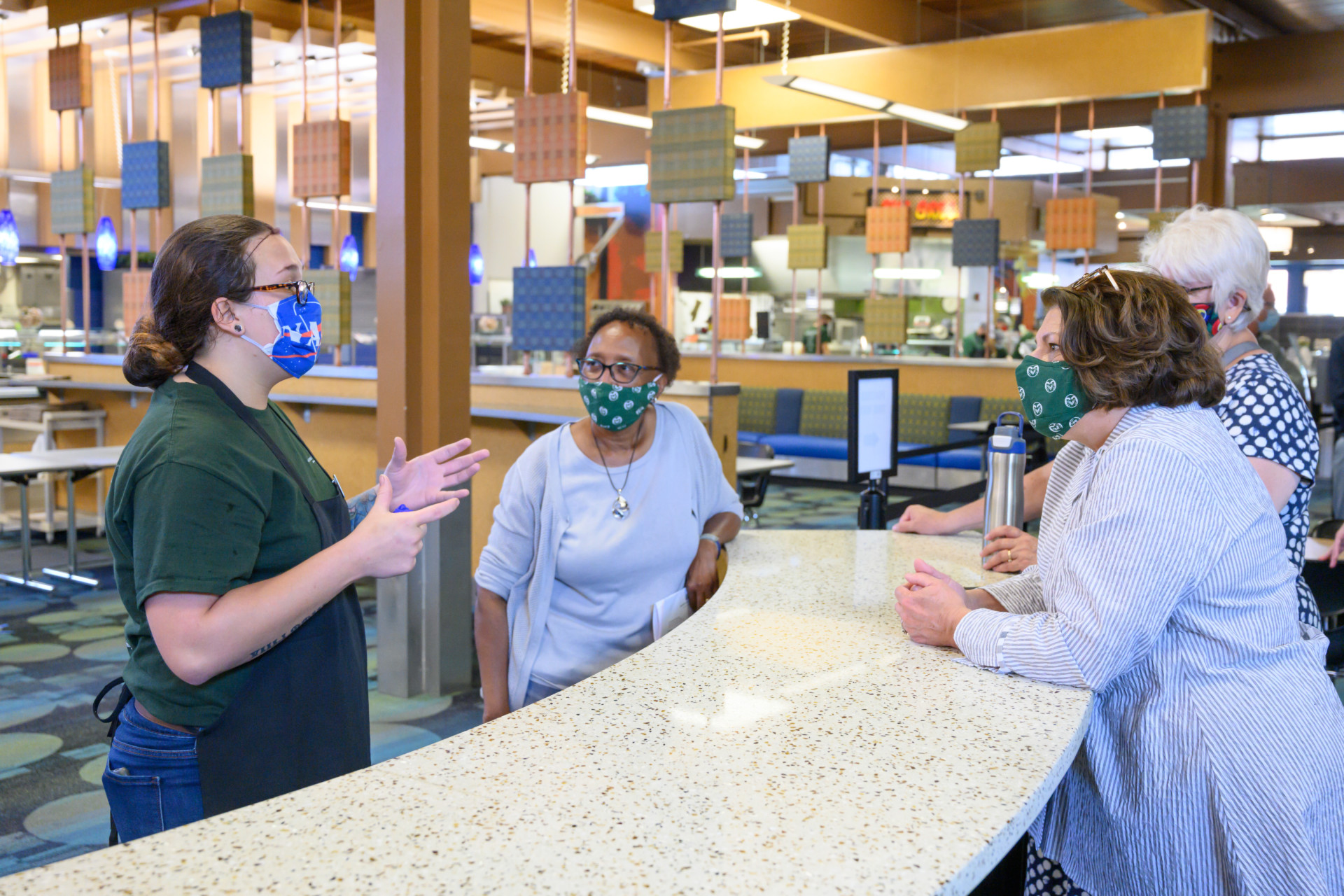Protecting the well-being of your furry companions, lab tests for pets is essential. Advanced veterinary facilities help identify potential issues for domestic animals like dogs and cats.
In the following discussion, we’ll examine the importance of pet laboratory services and explain their importance.
What Are Veterinary Laboratories?
Pet testing facilities analyze health indicators to assist veterinarians. These labs employ expert technicians to deliver reliable diagnostics.

Important aspects of veterinary labs include:
- Diagnosing conditions promptly: Supports better outcomes.
- Tracking chronic diseases: Ensures your pet stays on track.
- Testing the success of interventions: Boosts recovery rates.
Essential Pet Health Exams
Veterinary labs perform an array of procedures to evaluate pet health. Common diagnostics include:
- Complete blood counts (CBC): Monitor immune health.
- Urinary tract exams: Monitor hydration levels.
- Digestive system diagnostics: Ensure proper gut function.
- Skin and allergy testing: Pinpoint triggers.
- Structural health evaluations: Spot tumors.
Why Routine Exams Are Important for Pets
Routine lab work provides peace of mind. By identifying potential problems early, you can avoid costly emergencies.

Why these tests matter include:
- Extended lifespan: Detecting and treating conditions early helps pets maintain their vitality.
- Preventative savings: Avoiding invasive procedures saves time and money.
- Peace of mind for pet owners: Take action when needed.
laboratorio de analises clinicas veterinaria
laboratorio veterinario indianopolis
Conclusion: The Value of Veterinary Labs for Pet Health
Pet diagnostic labs are an invaluable resource in giving them the best care possible. By scheduling regular tests, you protect them from preventable illnesses.
Talk to your veterinarian about testing options to protect their future!